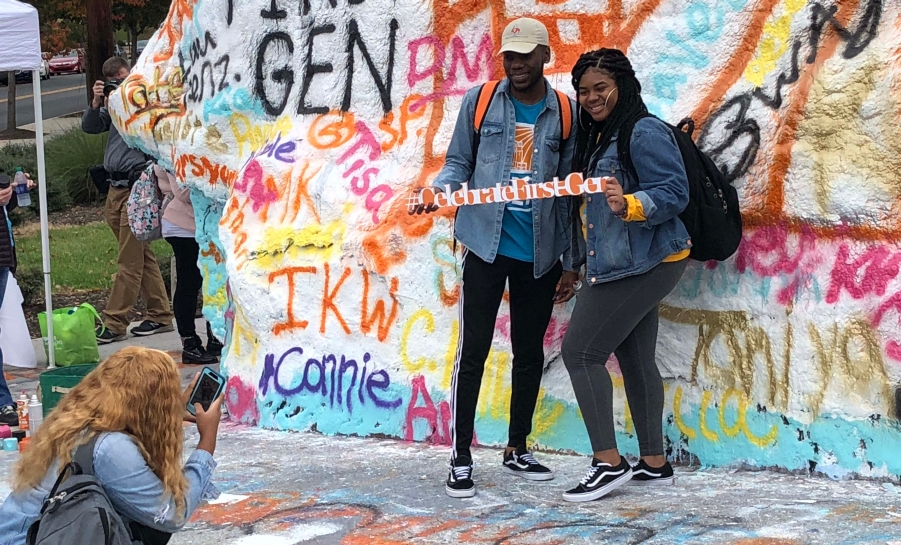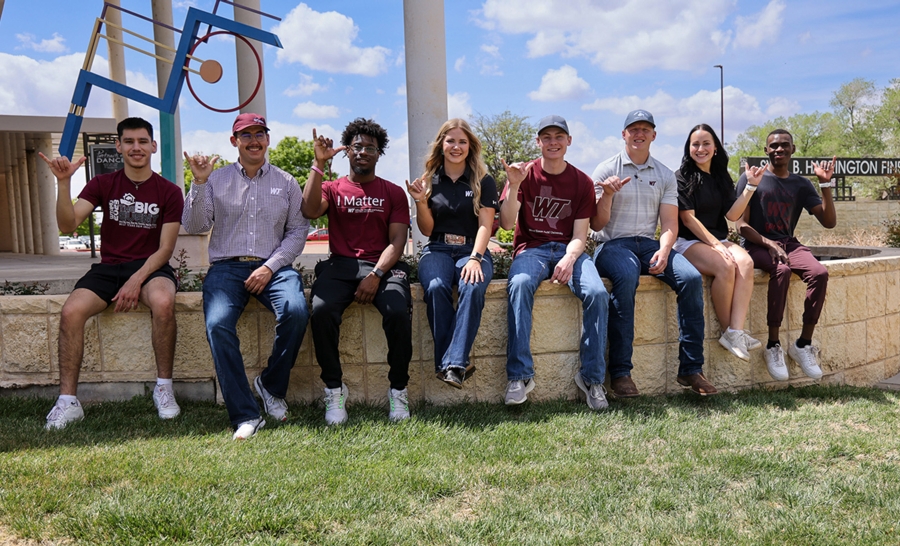Why Celebrate on November 8
Council for Opportunity in Education / May 08, 2019

The Higher Education Act of 1965 (“HEA”) emerged out of President Lyndon B. Johnson’s War on Poverty. Much like other hallmark legislation of that era, such as the Civil Rights Act of 1964 and the Voting Rights Act of 1965, HEA was intended to help level a playing field that for too long had been weighed against Americans from minority and low-income backgrounds. In addition to creating federal grants and loan programs to help students finance their educations, the legislation made key investments in institutions of higher education. Additionally, HEA ushered in a set of programs designed to provide academic tutoring, personal counseling, mentoring, financial guidance and other supports necessary for postsecondary access, retention, and completion for low-income, potential first-generation college graduates.
The first such program in HEA – Talent Search – was united with another program – Upward Bound – that had been authorized as part of the Economic Opportunity Act of 1964. A few years later, a third such program, Special Services for Disadvantaged Students (later known as Student Support Services), was launched in 1968. Together, this “trio” of federally-funded programs encouraged access to higher education for low-income students. In the subsequent decades, the “Federal TRIO Programs” emerged as a vital pipeline to opportunity, serving traditional-age students, displaced workers, students with disabilities, and military veterans. The original three programs eventually grew to include seven student programs, adding Educational Opportunity Centers and Veterans Upward Bound in 1972, the Ronald E. McNair Postbaccalaureate Achievement Program in 1986, and Upward Bound Math-Science in 1990. Today, TRIO serves more than 800,000 students at more than 2,300 institutions of higher education and community-based agencies across the United States and in several U.S. territories. Through TRIO, more than 5 million Americans have become the first members of their families to earn baccalaureate degrees.
On Wednesday, November 8, 2017, in honor of the 52nd anniversary of the signing of the 1965 Higher Education Act (HEA), COE and the Center launched the First-Generation College Celebration. We hope that you will join us and institutions across the nation celebrate the identity and successes of first-generation students and graduates on Friday, November 8, 2019. Click here to learn more about the 2019 First-Generation College Celebration!




